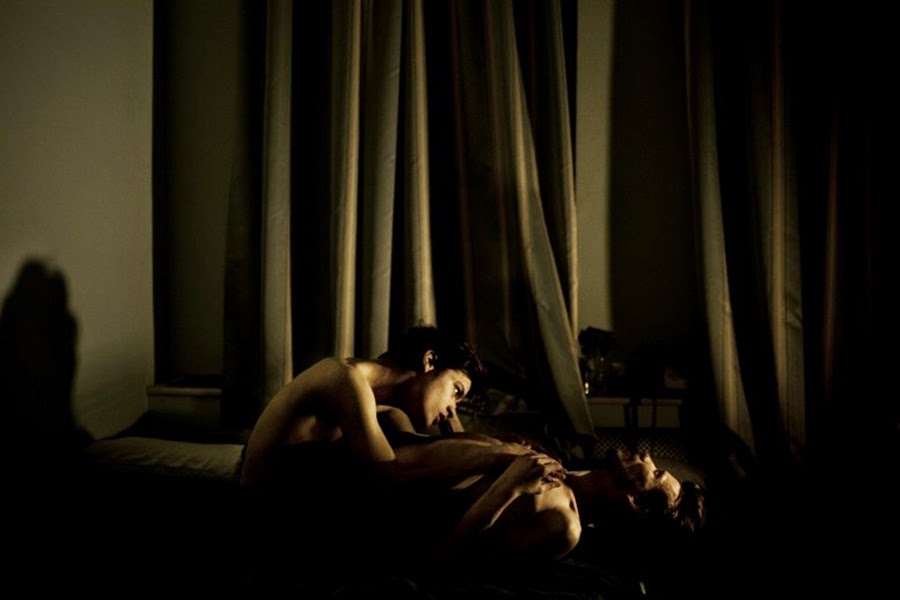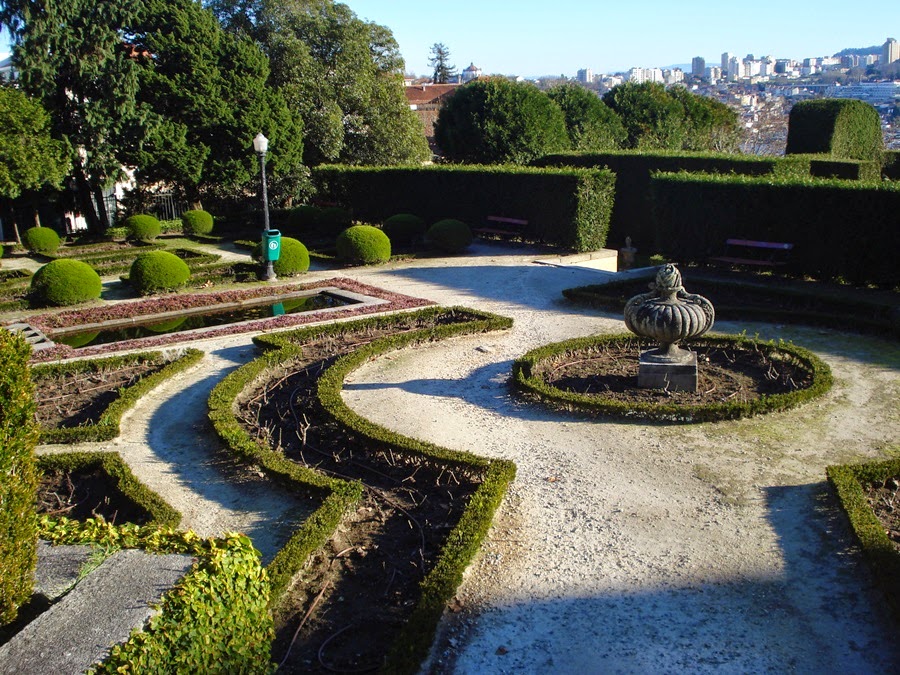Human Rights is something I think about rather frequently and do some research on, so why not put some of my thoughts out for the world to read. I'll start by talking about the role played by Human Rights defenders, as I consider myself one, and then elaborate on two quotes related to the theme, that I found worth sharing and commenting.
"Two brothers of the El Agha family mourn
their father, killed during the shelling of the town of Khan Yunis, in southern
Gaza. The offensive lasted seven weeks, during
which more than 2,100 people were killed in Gaza, 69 percent of which,
according to the UN, were civilians. Amnesty International published a report
that (…) suggested violations of international law on both sides." Source: Word Press Photo
What is the role Human
Rights defenders play in today’s society?
Human
Rights defenders play a crucial role in today’s society, they fight for the
oppressed, for those that can’t fight for themselves. I find it outstanding how
some people dedicate their lives to the greater good, most times, for the
greater good of complete strangers and sacrifice the ones closer to them and
themselves everyday.
If it
wasn’t for these brave people, women would still not be able to vote, America
would still be segregated and Portugal could actually be still ruled by a
dictator.
I hope that
in a near future, the Eastern world and all the countries that are not being
ruled in accordance to the Human Rights chart, adopt new policies, and that is
only going to be achieved if everybody fights for it.
Finally, I
think that everyone of us should be involved in the struggle for Human Rights,
not defending every article (I believe we don’t have to defend every article
because we don’t have to agree with all of them, that’s also freedom of thought
and speech) and not necessarily sacrificing themselves for it, but at least
doing something. As meaningless as it may seem, if we all cooperate, great
things shall be achieved.
“Freedom is never
voluntarily given by the oppressor; it must be demanded by the oppressed.”
Martin Luther King
Currently,
after decades of fighting for Human Rights, some are still not respected in all
countries. I agree with Martin Luther King’s sentence, everybody must battle
for what they believe in and, like everything in life, if people don’t fight
for it, they’re never going to get it.
I believe
it’s pretty clear that Human Rights are never going to be fully followed in the
whole world, but we can and should try to accomplish that. In my opinion, the
first and most important thing to fight for these rights is information. If
people don’t know there’s something to fight for, they obviously won’t do it.
So the first step is education for all, freedom of thought and speech and
access to information, this is the basis for a fair and equal world.
To make it
actually happen, there should be as many people as possible involved, so every
single one of us has to play a role in the struggle for Human Rights. One
doesn’t necessarily has to dedicate their life to it, simple gestures matter,
and with internet access that has been made the easiest thing ever.
In summary,
I believe that if everybody is granted access to education/information and if
we unite in order to accomplish what we believe in, it will soon become a
reality and the worlds will become a better place.
"Life
for lesbian, gay, bisexual and transgender (LGBT) people is becoming
increasingly difficult in Russia. Sexual minorities face legal and social
discrimination, harassment, and even violent hate-crime attacks from
conservative religious and nationalistic groups." Source: Word Press Photo
“…there have been
dramatic advances in crafting and implementing a system of universal human
rights…” Navi Pillay, the United Nations High Commissioner for Human Rights
Looking at
the world with the eyes of a 17 year old girl from Portugal, I would say it
didn’t change much. In the Middle East, for example, women are still highly
oppressed, forced to get married at a very young age, not allowed to do such
simple things as watching a volleyball game or dress as they want; in countries
such as China, India and Bangladesh child labor and slavery are very common and
human trafficking, torture, etc. are yet happening thoughout the world ( and
these are just a very little few examples).
But, if one
compares what happens nowadays to what happened, for instance, a century ago,
one realizes we’ve come a long way. In the Western civilization, dictatorship
is almost extinct, pretty much everyone is getting good education and health
care, discrimination still exists, but not as much as there used to be. Of
course there’s still plenty to be done, but in general, I do agree with the
sentence.
"Waria is
(…) often used to describe transgender women. Waria in Indonesia generally live
in isolated communities and suffer a degree of marginalization and
discrimination." Source: Word Press Photo
Inês Tavares
You may also be interested in reading:


.JPG)
.JPG)
.JPG)
.JPG)
.JPG)
.JPG)
.JPG)
.JPG)
.JPG)





































